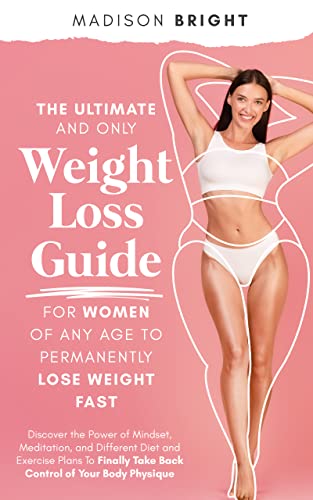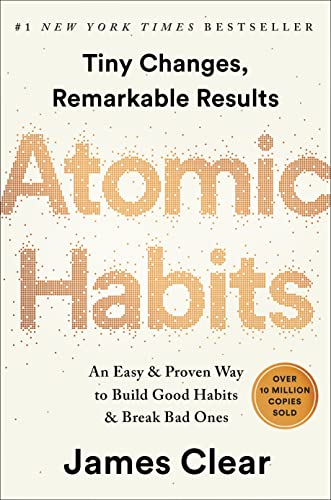- ANTI-AGING SOLUTIONS
- 1569 South Fairway Drive | Walnut, CA 91789 | USA
- Tues – Sat 9:30am – 5:30pm

Losing weight is a journey that requires discipline and dedication. While it’s important to focus on healthy eating and physical activity, recent research suggests that there is another crucial factor in successful weight loss: retraining your brain. Here are 10 ways to retrain your brain for weight loss.
Change your mindset: Start by changing your mindset about weight loss. Rather than viewing it as a temporary fix, embrace it as a long-term lifestyle change.
Practice mindful eating: Mindful eating involves paying attention to the present moment, eating slowly, and savoring each bite. This can help you tune in to your body’s hunger and fullness signals.
Set small goals: Rather than setting lofty weight loss goals, focus on smaller goals such as walking for 30 minutes a day or incorporating more fruits and vegetables into your diet.
Create a routine: Establishing a routine for meals and exercise can help make healthy choices feel like second nature.
Avoid temptation: Create an environment that makes healthy choices easy and temptation-free. Keep unhealthy snacks out of the house and stock up on healthy options.
Get enough sleep: Getting adequate sleep is essential for weight loss as it helps regulate hormones that control hunger and fullness.
Keep a food journal: Keeping a food journal can help you become more aware of what you’re eating and identify triggers for overeating.
Surround yourself with support: Surround yourself with supportive friends and family members who will encourage you and hold you accountable.
Practice self-compassion: Don’t beat yourself up for slip-ups. Instead, practice self-compassion and acknowledge that weight loss is a journey with ups and downs.
Stay positive: Focus on the positive changes you’re making rather than dwelling on setbacks. Celebrate your successes and keep moving forward.
Retraining your brain for weight loss takes time and effort, but the benefits are worth it. By adopting healthy habits and changing your mindset, you can achieve your weight loss goals and improve your overall health and well-being.
The body-mind connection refers to the way in which the body and mind are interconnected and influence each other. Research has shown that the way we think and feel can impact our physical health, including our stress response and weight.
When we experience stress, our body releases cortisol, a hormone that prepares the body for the “fight or flight” response. In the short term, this can be helpful for survival, but chronic stress can lead to increased cortisol levels, which can have negative effects on the body, such as weight gain, high blood pressure, and weakened immune function.
The mind-body connection can also impact weight. Negative emotions, such as anxiety or depression, can lead to emotional eating, which can contribute to weight gain. Additionally, stress and negative emotions can disrupt sleep, which can also impact weight.
However, there are strategies to improve the body-mind connection and promote better stress management and weight control. These include mindfulness practices, such as meditation and yoga, which can help reduce stress and promote relaxation. Regular exercise can also help reduce stress and promote better physical health, including weight management. Additionally, seeking support from friends, family, or a therapist can help improve mental health and promote better stress management.
Overall, understanding and nurturing the body-mind connection can have significant impacts on both mental and physical health.

“The Ultimate and Only Weight Loss Guide for Women of Any Age to Permanently Lose Weight Fast” is a comprehensive guidebook by Madison Bright that offers a holistic approach to weight loss. The book is designed for women of any age who are looking to lose weight quickly and permanently. The guidebook provides a wealth of information on healthy eating, exercise, mindset, and lifestyle changes that can help women achieve their weight loss goals.
“Winning Fitness Mindset” by Samantha Sanderson is a guidebook that helps readers develop the right mindset to achieve their fitness goals. The book is divided into eight chapters that cover topics such as goal setting, visualization, self-discipline, and positive thinking. It provides practical tips and strategies that readers can apply to their own lives, and is suitable for both beginners and experienced fitness enthusiasts.

care@SkinPerfectMedSpa.com
1569 S. Fairway Drive Suite 226
Walnut, CA USA 91789
909.839.0714
Sunday – Closed
Monday -Closed
Tuesday – 9:30AM-5:30PM
Wednesday – 9:30AM-5:30PM
Thursday – 9:30AM-5:30PM
Friday – 9:30AM-5:30PM
Saturday – 9:30AM-5:30PM
The services provided have not been evaluated by the Food and Drug Administration. These products are not intended to diagnose, treat, cure or prevent any disease. The material on this website is provided for informational purposes only and is not medical advice. Always consult your physician before beginning any treatment or therapy program. Any designations or references to therapies are for marketing purposes only and do not represent actual products.
Please read our Terms and Conditions, and Privacy Policy. | Copyright © 2023 | Site for Skin Perfect Brothers. All rights reserved.